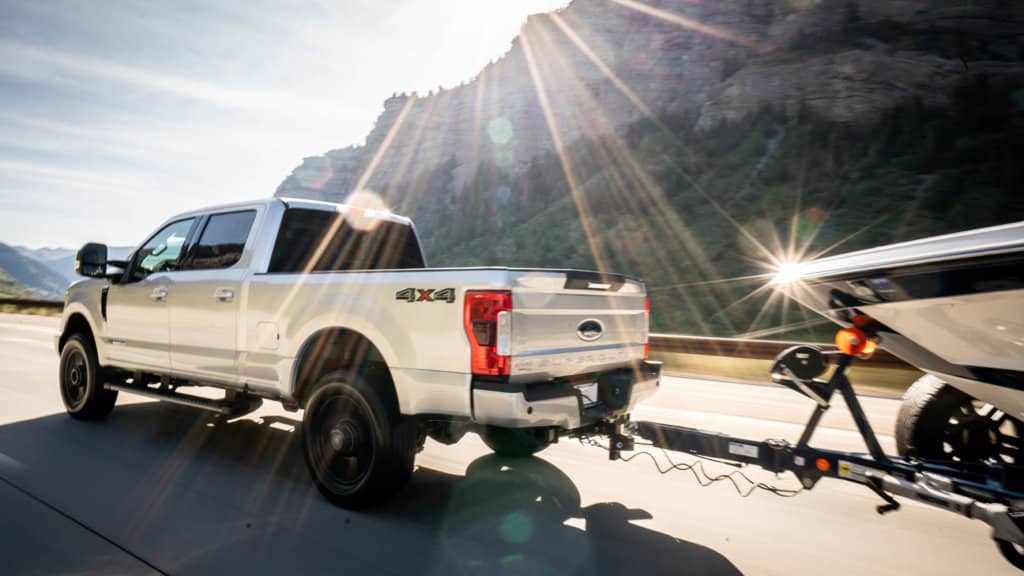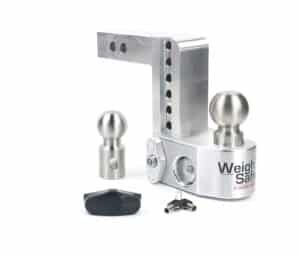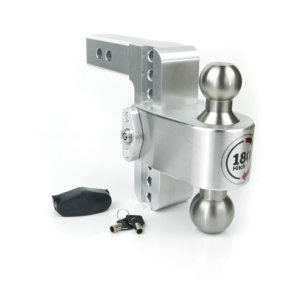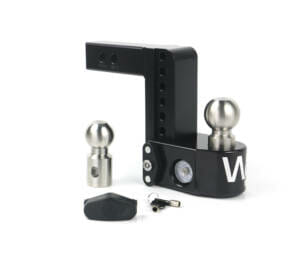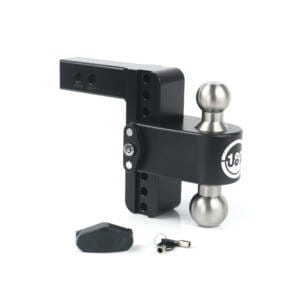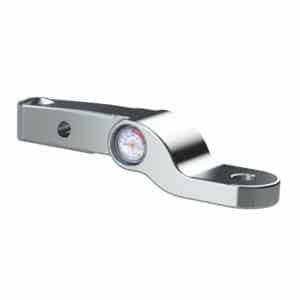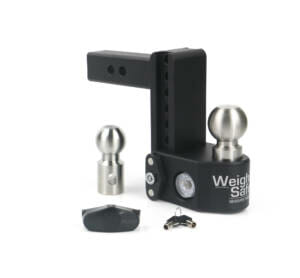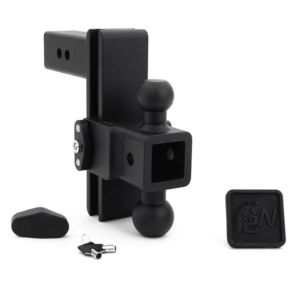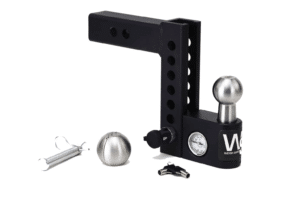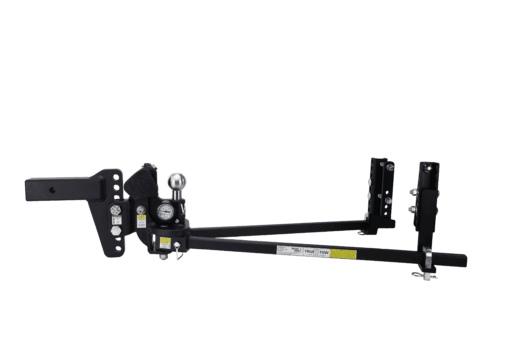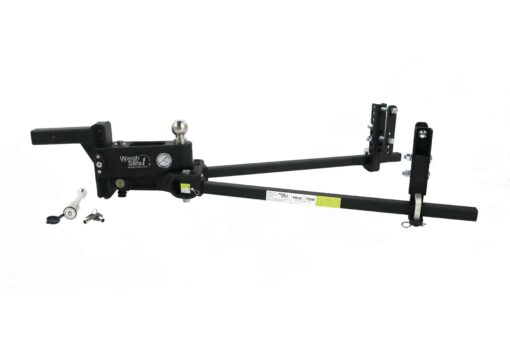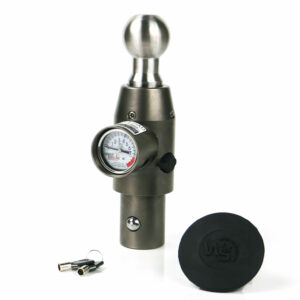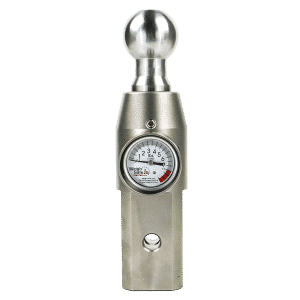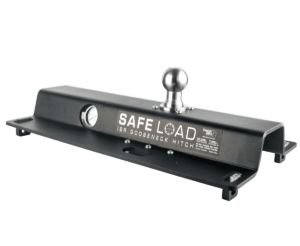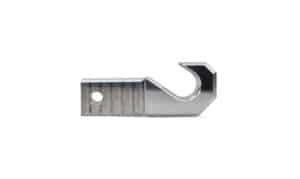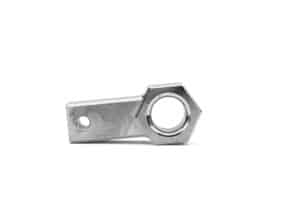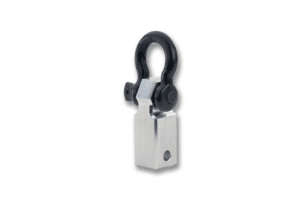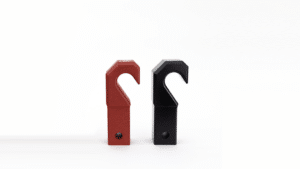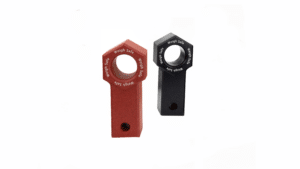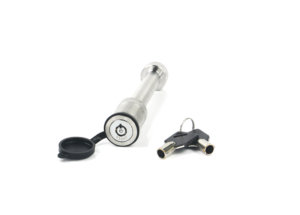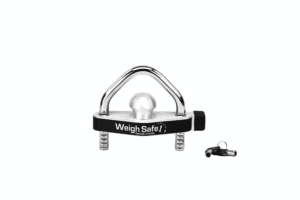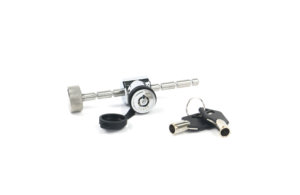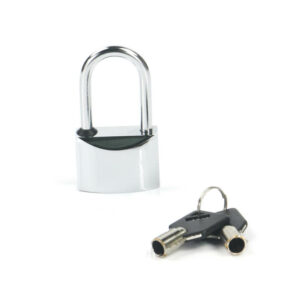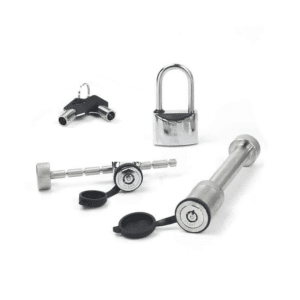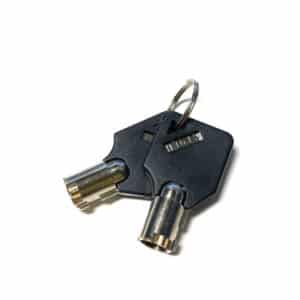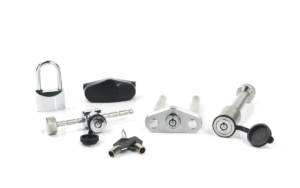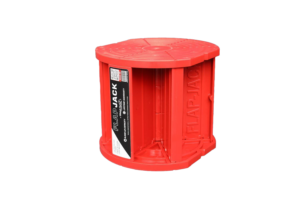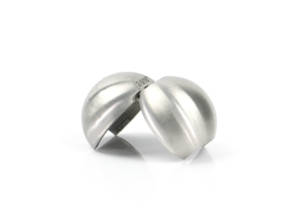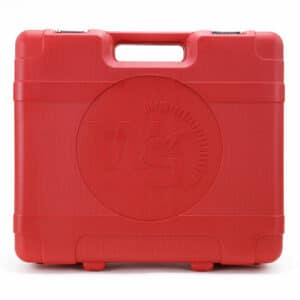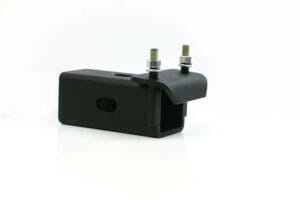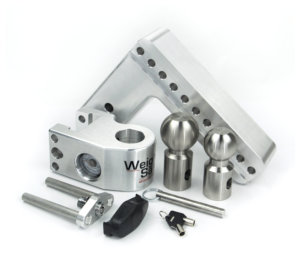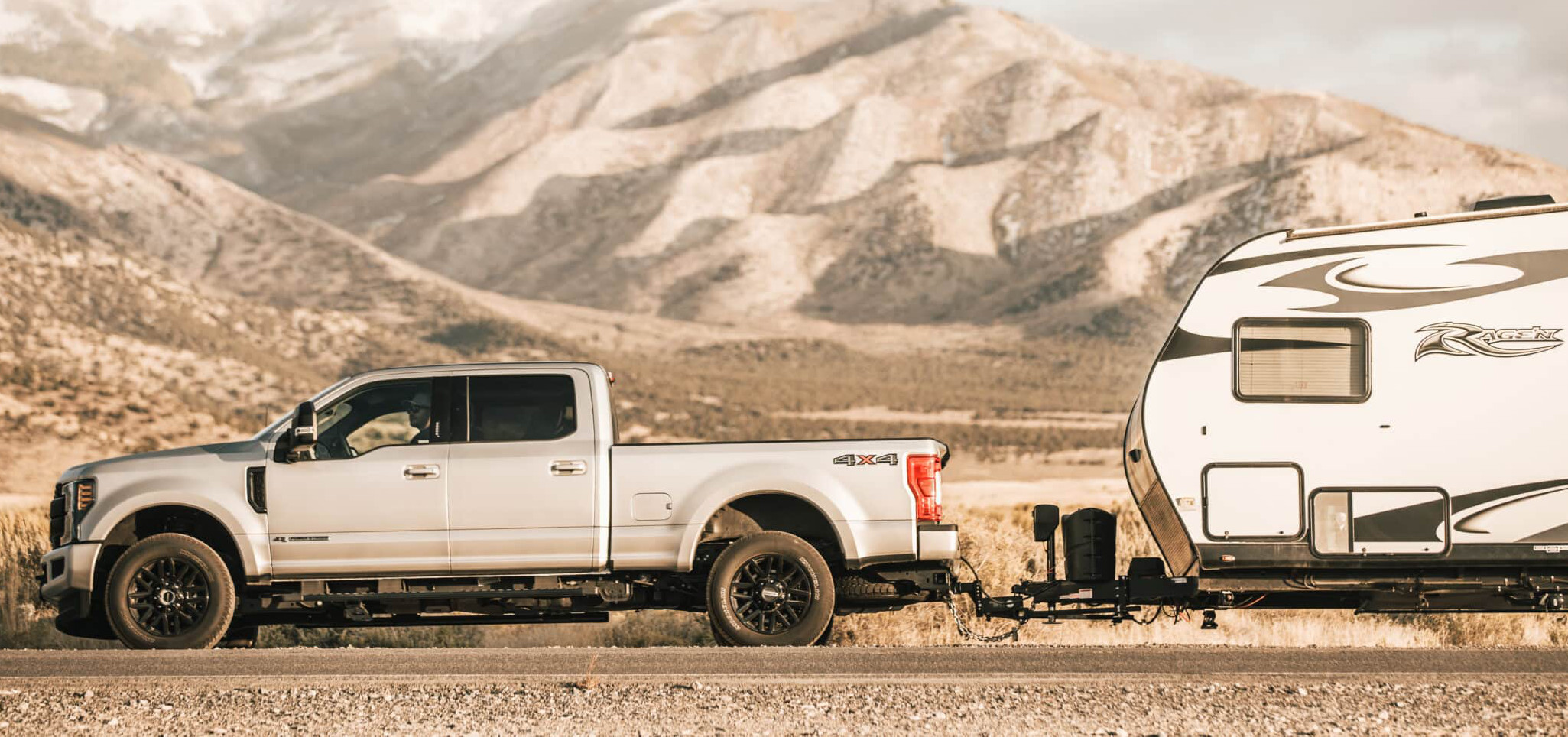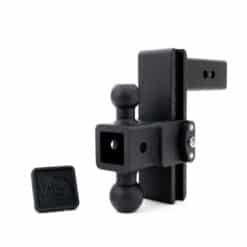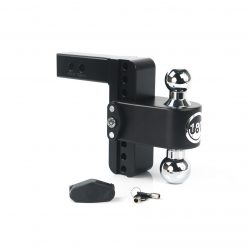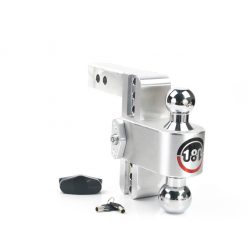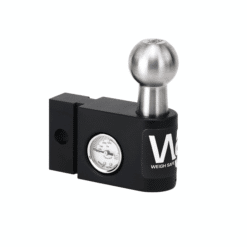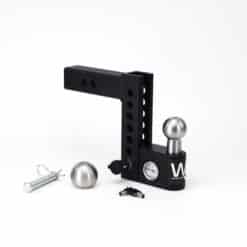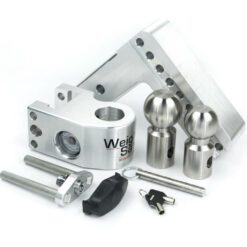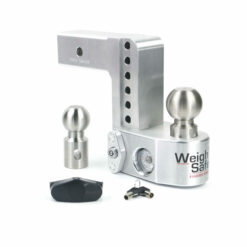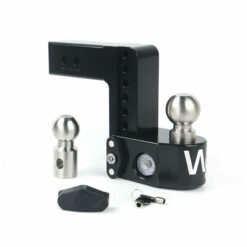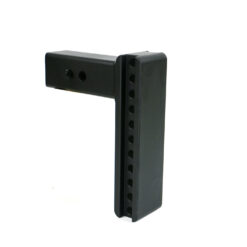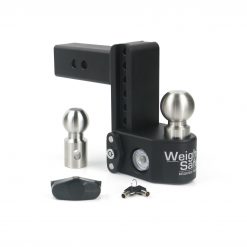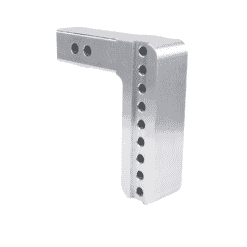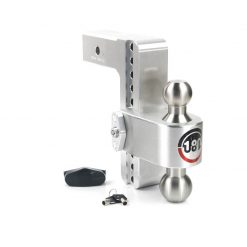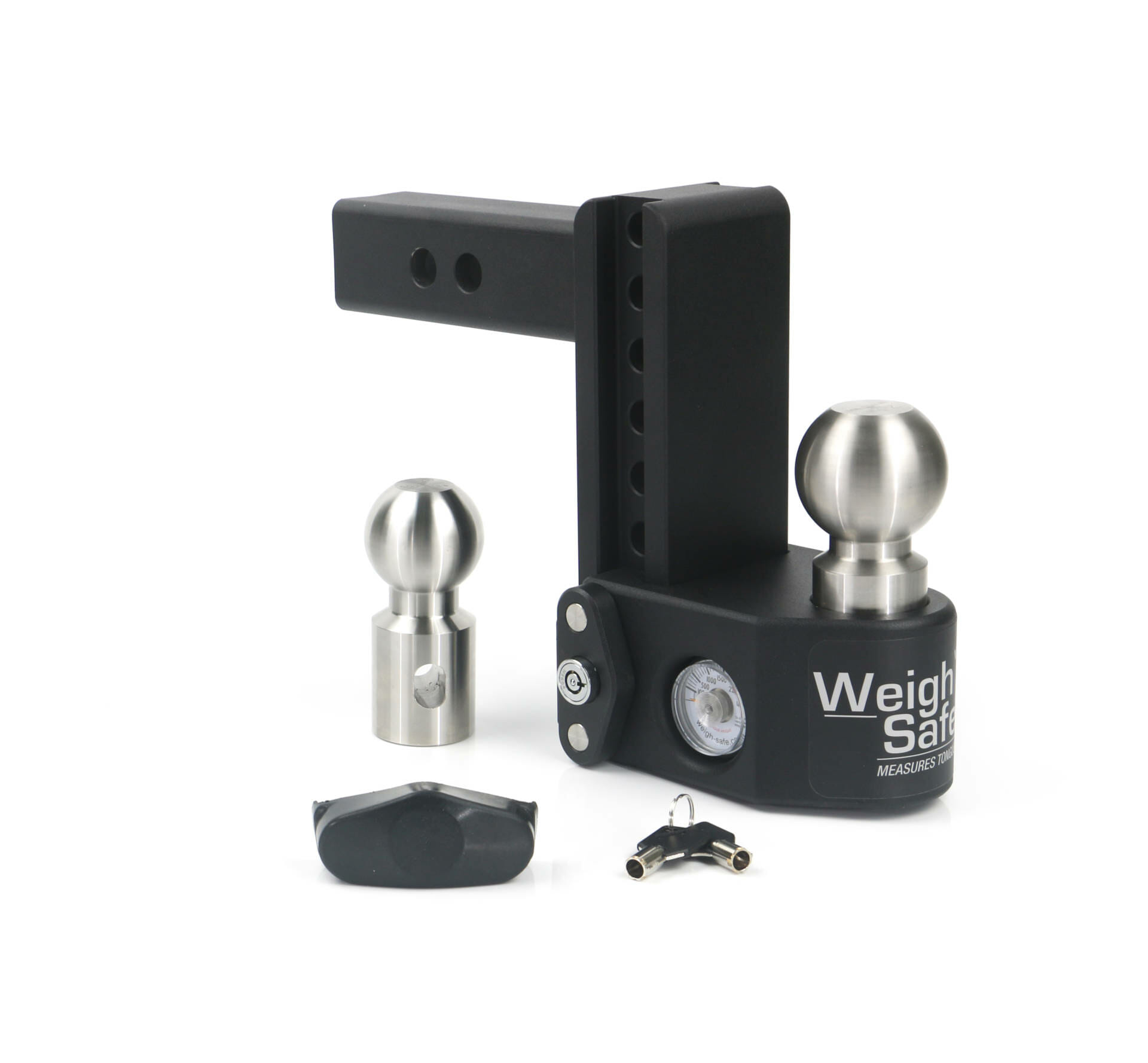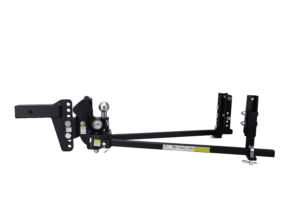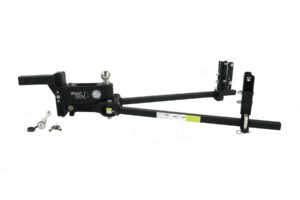Gross Vehicle Weight Rating (GVWR) And Other Terms You Should Know
Whether you’re packing up the bed of your truck or towing a trailer, there are a handful of weight ratings and terms that you should be familiar with. This includes understanding the meaning of GVWR and its significance so that you can have the safest towing experience.
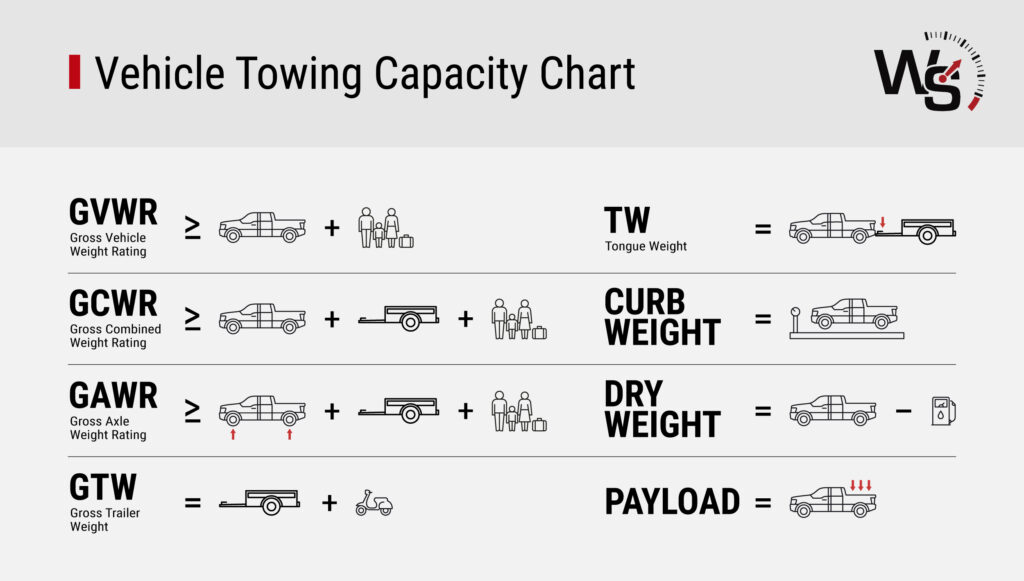
What is GVWR?
GVWR is a term that you might have heard of but maybe don’t truly know what it means. It stands for Gross Vehicle Weight Rating and it represents the maximum amount of weight that your vehicle can handle safely. Your GVWR can be found on the placard attached to the driver’s side door.
Browse Our Bult-in Scale Towing ProductsDoes GVWR Include Payload?
Gross Vehicle Weight Rating (GVWR) includes payload capacity–the maximum weight a truck can carry safely. Find out more about towing and payload capacity here.
Curb Weight vs Gross Weight
Curb Weight is the weight of your vehicle that is generally given by the manufacturer and it refers to how much your vehicle weighs when it’s resting on the curb and not in use. It does not include passengers, cargo, fuel, vehicle accessories (toolboxes, etc), tongue weight or any other separately loaded items.
Curb weight is easy to determine and all you have to do is take your vehicle with all your normal, everyday gear to a weigh station, that way you get closest to the most accurate curb weight of your vehicle. Once you know both your GVWR and curb weight, subtract the curb weight from the GVWR to find how much extra “stuff” you can take with you.
This extra “stuff” is called “payload” and your Payload Capacity refers to all the add-on weight that you can safely add to your vehicle’s curb weight, including cargo, passengers, fuel, etc.
Does GVWR Include Tongue Weight?
Tongue weight is also included in payload capacity weight so be sure to take that into account as well. Your payload capacity is generally calculated by the manufacturer and can usually be found in the owner’s manual, but it is most accurately determined by the calculations previously mentioned.
STAY WITHIN YOUR GROSS VEHICLE WEIGHT RATING LIMITS BY UTILIZING OUR WEIGHT-MEASURING TOWING PRODUCTS
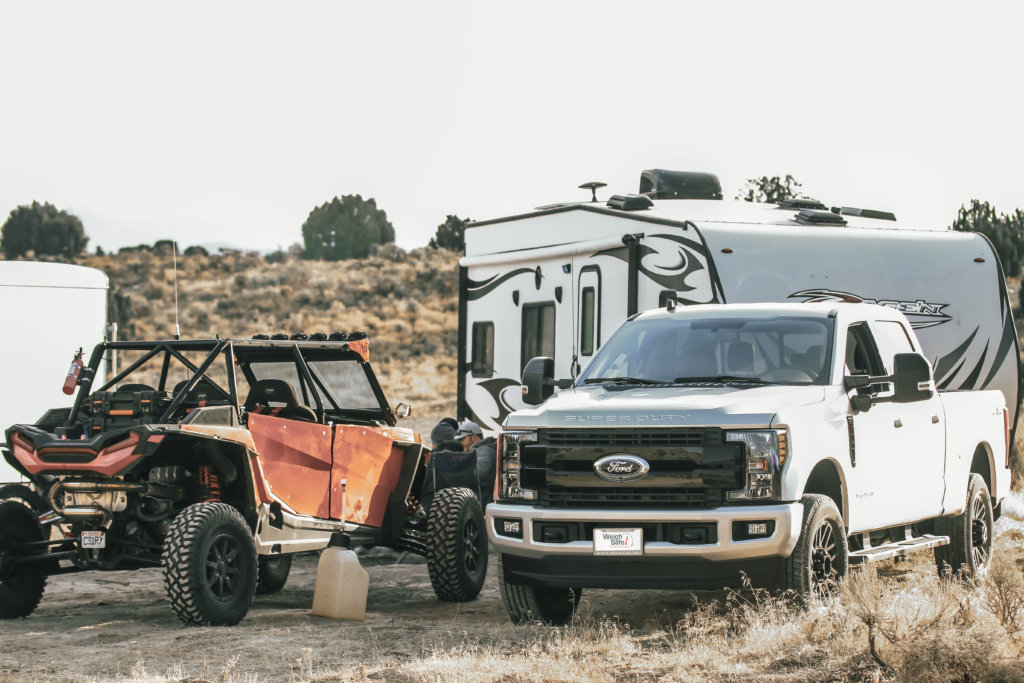
How to Calculate GVWR
Payload Capacity = GVWR – Curb Weight
Here’s an example with numbers. Let’s say you have a Ford F350 with a custom light bar, toolbox, and a spare tire in the back. You take it to the weigh station and determine it has a curb weight of 6,800 pounds and you look on your drivers side door to find a GVWR of 14,000 pounds. To find your payload capacity, you would need to subtract 6,800 from 14,000 and the difference is the maximum amount of “stuff” you can add to your vehicle.
14,000 – 6,800 = 7,200
So in this situation, you can add up to 7,200 pounds of cargo, passengers, luggage, tongue weight, etc and still be within a safe weight and within your GVWR.
It’s very important to know information like this prior to hitting the road. If you aren’t aware of your vehicle’s GVWR, your curb weight and payload capacity, there’s a chance that you could potentially overload your tow vehicle and experience an unsafe journey to your next destination. Always know before you tow and help keep our roads safe.
Trailer Hitches With Built-In Scales
Discover a safer way of towing with Weigh Safe. Explore our inventory of towing products with built-in scales to measure tongue weight. Shop our hitches today!
WE CARE THAT YOU CARE.
We want to thank you for caring about Towing Safety. Please feel free to use the following discount code for 10% off your next order with us!
